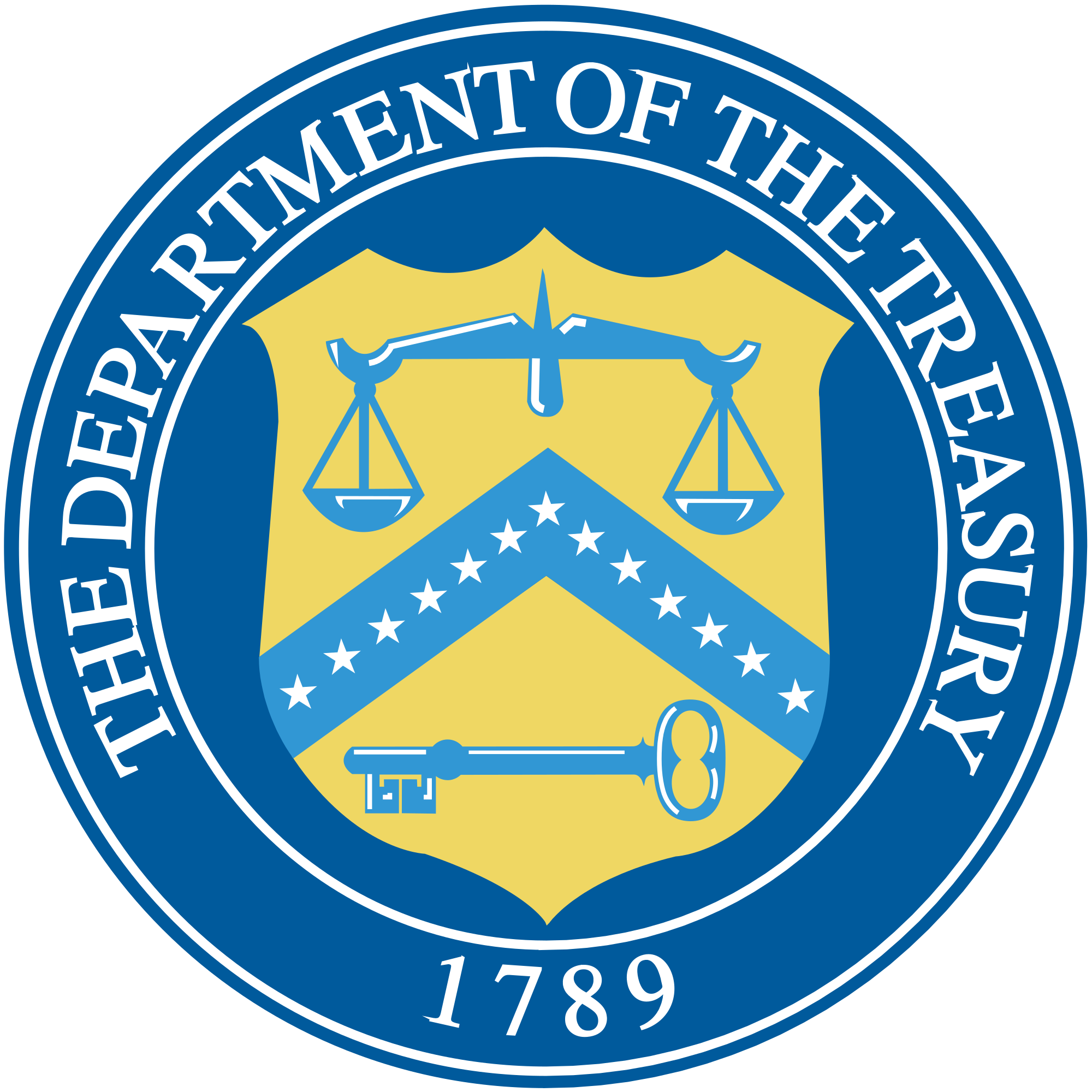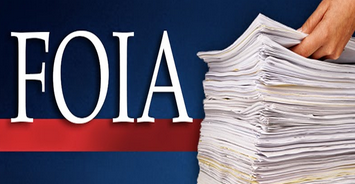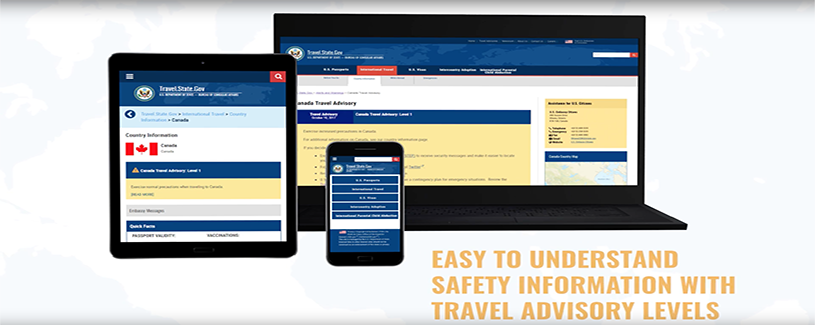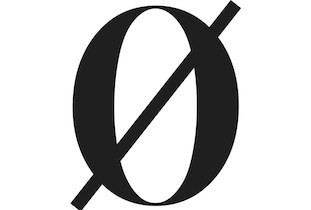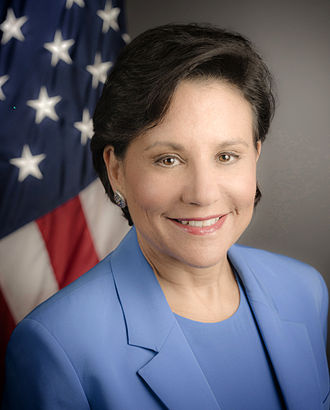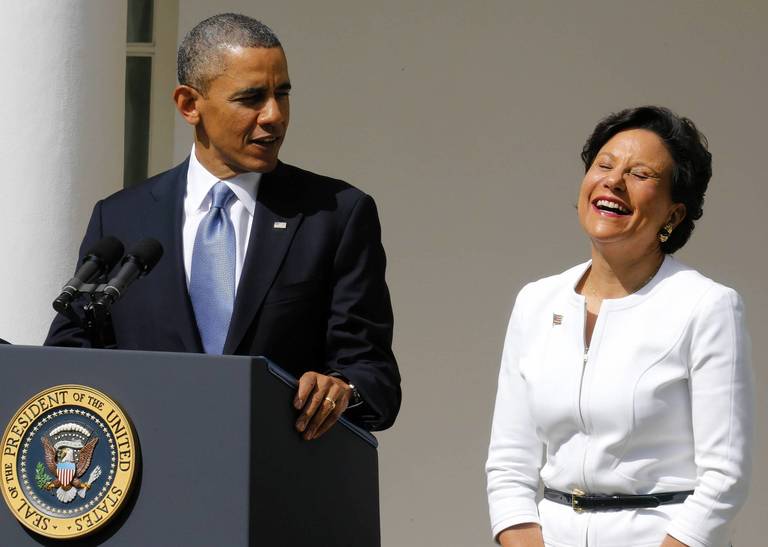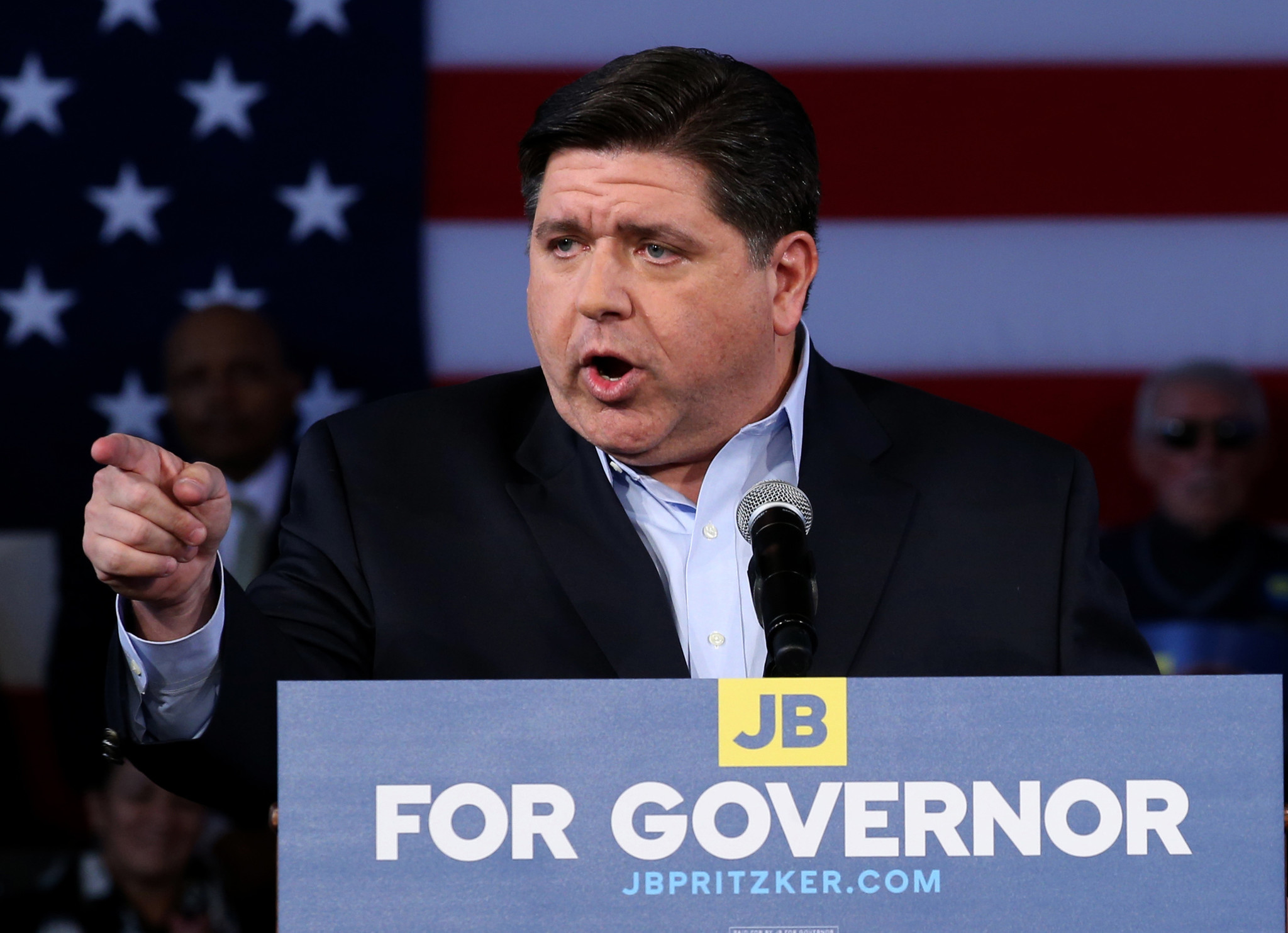Obama’s Commerce Secretary’s Family Could Have Largest U.S. Footprint In Cuba
Hotels & Cruises
Acquisition Of Hotel Company In Spain
U.S. Department Of State Reports One Hotel Is A Site Of Health Issues
One Hotel Has Chicago Mafia & Hollywood Roots
Will OFAC Approve?
Irony: Secretary Pritzker’s Self-Imposed Selective Restraint To Help U.S. Companies
Illinois 1st Among States With Companies Having A Physical Presence In Cuba
The Honorable Penny Pritzker (net worth approximately US$2.8 billion according to Forbes Magazine) served as United States Secretary of Commerce from 2013 to 2017 during the Obama Administration.
Her brother, Mr. J.B. Pritzker, is the 2018 nominee for governor of the Democrat Party; and was national co-chairman of the 2008 Hillary Clinton presidential campaign.
Her cousin, Mr. Thomas J. Pritzker, is the Executive Chairman of Chicago, Illinois-based Hyatt Hotels Corporation (2017 revenues approximately US$4.6 billion) which is controlled by the Chicago, Illinois-based Pritzker Family (net worth approximately US$29 billion according to Forbes Magazine). Mr. Pritzker is on the board of directors and has a substantial shareholding in Miami, Florida-based Royal Caribbean Cruises Ltd. (RCCL; 2017 revenues approximately US$6.3 billion).
RCCL has continued to expand sailings to the Republic of Cuba: https://www.royalcaribbeanpresscenter.com/press-release/1341/royal-caribbean-expands-sailings-to-cuba-in-2018/. The company has not had a consistent message about its focus upon the Republic of Cuba: https://www.cubatrade.org/blog/2017/2/3/royal-caribbean-cruises-increases-2017-cuba-projections-175-for-passengers-150-for-revenues?rq=Penny%20Pritzker
While in office, then-United States Secretary of Commerce Penny Pritzker inexplicably created a non-sensical self-restrained interpretation of United States statues and United States regulations so that the interests of United States companies were unnecessarily curtailed during a pivotal series of moments from 2015 to 2017; including her 2015 visit to the Republic of Cuba where representatives of United States companies were prohibited from participating. https://static1.squarespace.com/static/563a4585e4b00d0211e8dd7e/t/581f8240e3df287bcc8a0e5f/1478459972414/EconomicEyeOnCubaSpecialReportFebruary2016.pdf
Hyatt Hotels Corporation, with approximately 700 properties located in fifty countries made an offer, since amended, to acquire Madrid, Spain-based NH Hotel Group (2017 revenues approximately US$1.3 billion) with approximately 382 properties located in thirty countries. https://newsroom.hyatt.com/nhhotelsstatement
Hyatt Hotels Corporation has previously sought hotel management opportunities within the Republic of Cuba: https://www.cubatrade.org/blog/2017/2/11/hyatt-hotels?rq=Hyatt
NH Hotel Group manages two properties in the Republic of Cuba each of which is owned by Republic of Cuba government-operated Gran Caribe: 31-room NH Collection Victoria La Habana (a favorite for business representatives and journalists for twenty-five years: https://www.nh-collection.com/hotel/nh-collection-victoria-la-habana and the 220-room NH Capri La Habana: https://www.nh-hotels.com/corporate/press-room/news/nh-hotel-group-brings-back-emblematic-hotel-capri-collaboration-gran-caribe-hotel. Reservations for NH Capri La Habana may be obtained through www.booking.com. Gran Caribe is not listed by the United States Department of State as a prohibited entity from engagement with United States companies.
The NH Capri La Habana was identified by the United States Department of State as one of two hotels within which employees of the United States Government reported experiencing issues that impacted their health. The Hotel Nacional de Cuba, also owned by Gran Caribe, is the other hotel.
https://www.cubatrade.org/blog/2017/10/1/travelers-need-to-know-when-us-department-of-state-will-publish-addresses-of-implicated-locations-in-cuba?rq=Hotel%20Capri
If Hyatt Hotels Corporation acquires NH Hotel Group, likely will be required a license from the Office of Foreign Assets Control (OFAC) of the United States Department of the Treasury in Washington DC., as the ownership would not be in compliance with at least one opinion by the OFAC: A U.S. company or individual may make a secondary market investment in a third-country business which has commercial dealings within the Republic of Cuba provided that the investment does not result in control-in-fact of the third-country business by the U.S. investor and the third-country company does not derive a majority of its revenues from business activity within the Republic of Cuba. Secondary market investment that falls short of a controlling interest in such a business is not prohibited.
Would Obama Administration authorization for United States companies to obtain management contracts for properties in the Republic of Cuba be applicable to a wholly-owned foreign subsidiary of the United States-based company? What will be the response by the government of the Republic of Cuba, specifically if Hyatt Hotels Corporation decided to terminate the management contracts? What would the message be to United States companies given Secretary Pritzker’s role during the Obama Administration?
If Hyatt Hotels Corporation acquires NH Hotel Group, and continues to manage both properties located in the Republic of Cuba, Ms. Pritzker would become the highest-ranking former United States Government official to have a commercial engagement with the government of the Republic of Cuba.
One other United States-based hotel management company operates in the Republic of Cuba: In 2016, Stamford, Connecticut-based Starwood Hotels & Resorts Worldwide (a subsidiary of Bethesda, Maryland-based Marriott International) announced the company would manage three properties in the Republic of Cuba. One property is operational; a second property has been delayed from December 2016 to December 2019; and a third property is no longer mentioned by the company. https://www.cubatrade.org/blog/2017/5/10/starwoodmarriott-now-reporting-36-month-delay-to-manage-hotel-inglaterra-no-reasons-provided?rq=inglaterra
The State of Illinois has the largest number of companies with a physical presence in the Republic of Cuba: Distribution Centers: Moline, Illinois-based John Deere (2017 revenues approximately US$27 billion) and Peoria, Illinois-based Caterpillar Inc. (2017 revenues approximately US$38 billion). Travel Services (including ticket office): Chicago, Illinois-based United Airlines, Inc. (2017 revenues approximately US$37 billion). https://static1.squarespace.com/static/563a4585e4b00d0211e8dd7e/t/5aeb122a1ae6cf4e52a6831c/1525355050930/USCompaniesAndCuba.pdf
Complete Analysis In PDF Format (including reference articles)
Three Articles For Reference:
July 30, 2018
Hyatt backs off Spain's NH Hotels bid in face of Minor stake
By Sonya Dowsett
MADRID (Reuters) - Hyatt Hotels (H.N) has backed away from launching a takeover of NH Hotels (NHH.MC), days after a rival bidder Minor (MINT.BK) revealed it controlled 44 percent of the Spanish group.
In a letter from Hyatt released to the Spanish stock exchange by NH, the U.S. hospitality company, which on Friday said it may launch a cash bid for 100 percent of NH, said it saw pursuing an offer as extremely challenging.
“Based on the information we now have, we believe that the path to a successful tender offer by Hyatt under the terms expressed in our letter has narrowed to a point of being impractical,” Hyatt’s President and Chief Executive Officer Mark Hoplamazian said in the letter released on Monday.
Thailand-based Minor International made an offer in June which valued NH at up to 2.5 billion euros ($2.9 billion).
Minor already owns 29.8 percent with agreements in place to buy Chinese conglomerate HNA’s 8.4 percent holding and Oceanwood Capital Management’s 5.7 percent stakes. It said late on Friday it had control over 44 percent of NH’s share capital.
Shares in NH dropped 6.4 percent on Monday to 6.3 euros per share, slightly below Minor’s offer price.
NH, with over 370 hotels in 30 countries, in January turned down a takeover offer from Spanish peer Barcelo which valued the company at 2.48 billion euros.
Minor had agreed to pay HNA 622 million euros for a 26.5 percent stake in the hotel group, taking its stake to around 38 percent after the conversion of some bonds to shares. It would then offer 6.4 euros for each remaining share, it said.
Hotels Magazine
Chicago, Illinois
Hyatt makes move for NH Hotels; Minor adds shares
NH Collection Gran Hotel Calderón in Barcelona
By Jeff Weinstein on 7/27/2018
Hyatt Hotels Corp. has sent a non-binding letter to NH Hotel Group stating its interest in acquiring the Madrid-based hotel operator and challenging the June tender from Thailand’s Minor International, who later on Friday announced an additional investment, cumulatively totaling up to a 44% share in NH.
Minor’s June offer for NH, valued at €1.64 billion, is conditional on a scheduled August 9 approval from shareholders. On Friday, it announced a deal with Oceanwood Capital Management to purchase 22,496,064 shares in NH, representing a 5.7% shareholding, again subject to the approval at the August 9 meeting. It also has a pending deal to acquire from Tangla Spain SLU 32,937,996 NH shares representing an 8.4% share. It is already NH’s biggest shareholder with a 35.55% stake after acquiring HNA Group Co.’s stake in June.
Hyatt President and CEO Mark Hoplamazian said in a statement, “Hyatt has a demonstrated track record of making strategic investments to extend the reach of our brands and create value for our stakeholders. In keeping with our growth strategy, we submitted a letter expressing our interest in pursuing a potential acquisition of NH Hotel Group.
“We believe that marrying NH Hotel Group’s strong footprint in Europe and select other markets with Hyatt’s global presence would yield a powerful portfolio of brands and network of hotels delivering compelling benefits for guests, owners and shareholders of both companies.
“Consistent with our strategy of pivoting to an asset-lighter business model, we see significant value creation for shareholders through a separation of NH Hotel Group’s real-estate assets from its hotel management platform. As a next step, we are seeking to conduct additional due diligence to further inform valuation and determine the optimal approach to a potential offer.”
HOTELS asked Minor International to comment and only said, “this is a non-binding letter and Minor Hotels has no comment about it.”
Hotels Magazine
Chicago, Illinois
With new $724M stake, Minor to launch NH takeover bid
By Barbara Bohn on 6/6/2018
Minor International has set the stage to acquire Spain’s NH Hotel Group after reaching an agreement with HNA Group to increase its equity stake in the company by 25.2% on a fully diluted basis.
The new stake, which knocks Spain’s Grupo Barcelo out of the running for NH, is valued at €619 million (US$724.0 million). That brings Minor’s total proposed stake to 38%, which triggers Spanish regulations to launch a full takeover bid.
“Today we are embarking on a new era, driving investment strategy to further cement our footprint in the European hospitality industry,” said Dillip Rajakarier, CEO of Minor Hotels, according to a statement. “We will be able to create a network of over 540 hotels with a reach across Asia, Oceania, the Middle East, Africa and Europe, all of which are important hospitality regions around the world. The business network will allow the two companies to capitalize on our leadership positions in key growth areas, highly complementary asset and brand portfolio, technology platform and talented employees.”
Minor’s bid values the Spanish hotel group at up to €2.50 billion (US$2.90 billion); it said in a filing with the Spanish market regulator that it will offer €6.40 (US$7.49) for each remaining share in the company.
HNA’s sale, prompted by a restructuring to sell assets to raise cash, will take place in two stages: a 17.6% stake is expected to close on June 15, and when that is completed, it would sell a further 8.8%.
The deal is expected to close in September and would close a bumpy chapter for the Chinese company, which came under scrutiny by its government and has been, along with other Chinese hotel investors, squeezed to sell off its holdings in foreign companies. And NH knocked HNA’s representatives off its board after asserting that HNA’s 2016 purchase of Carlson Rezidor Hotel Group was a conflict of interest.
Minor said it intends to keep NH Hotel Group, which has 382 hotels in 30 markets in Europe, the Americas and Africa, as a publicly listed company on the Madrid Stock Exchange.


